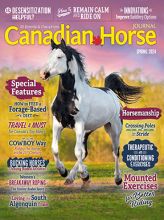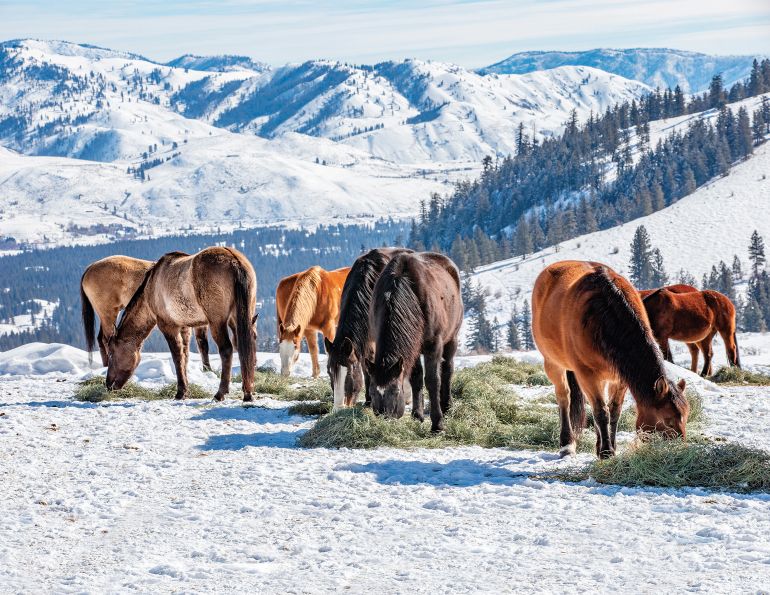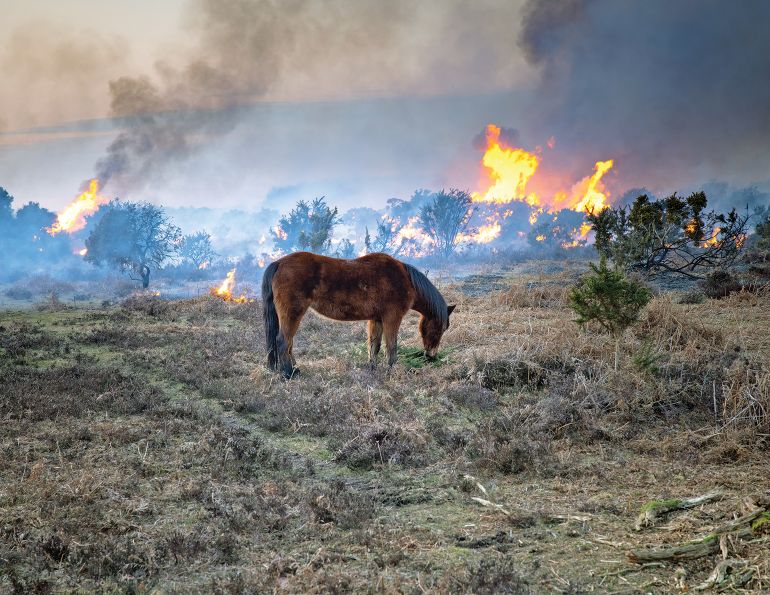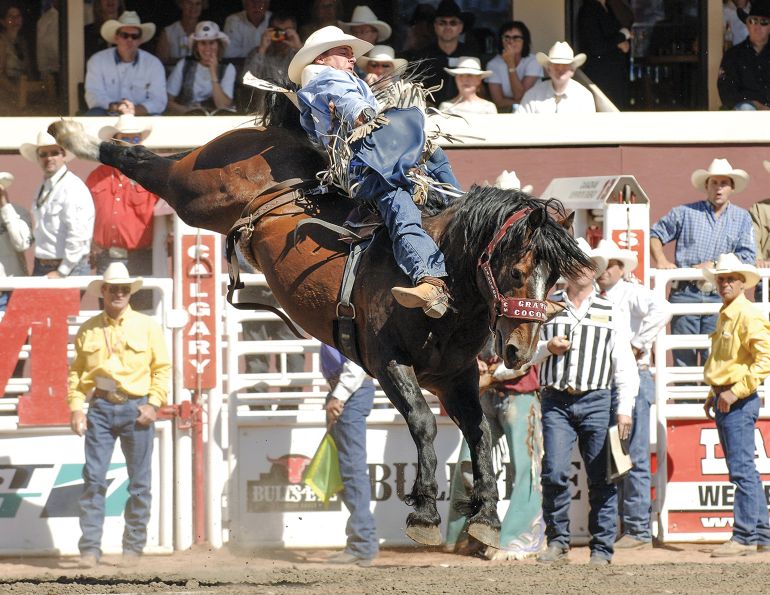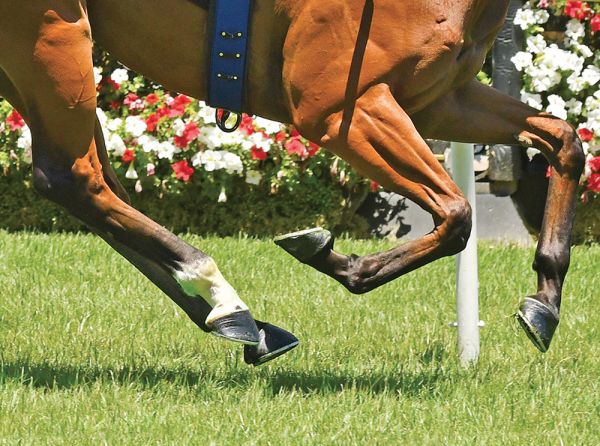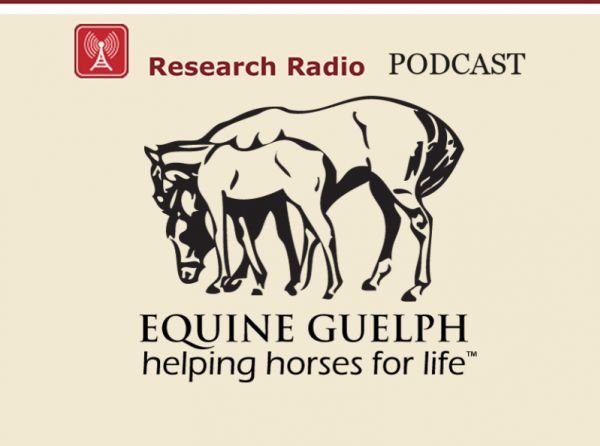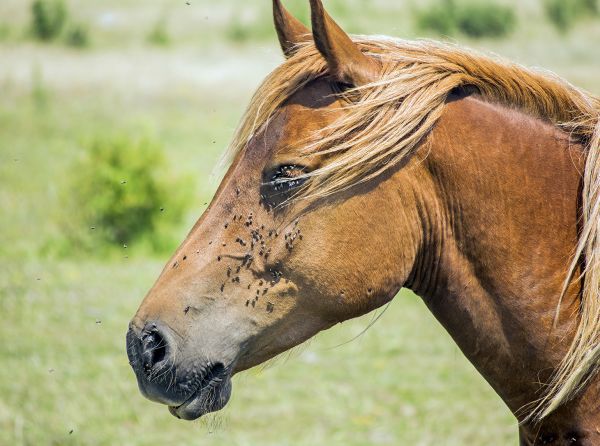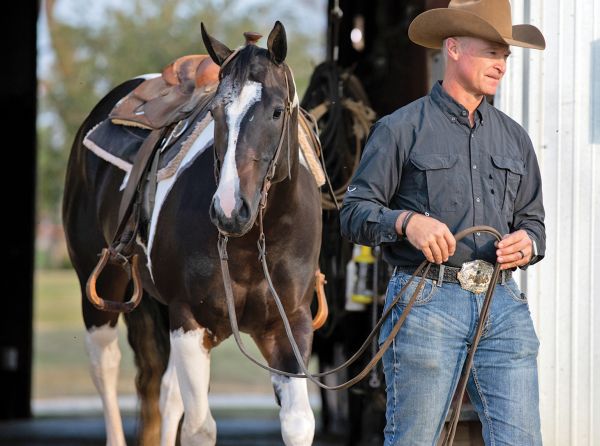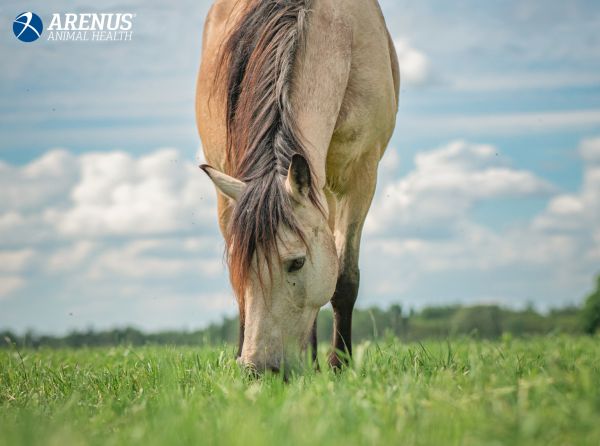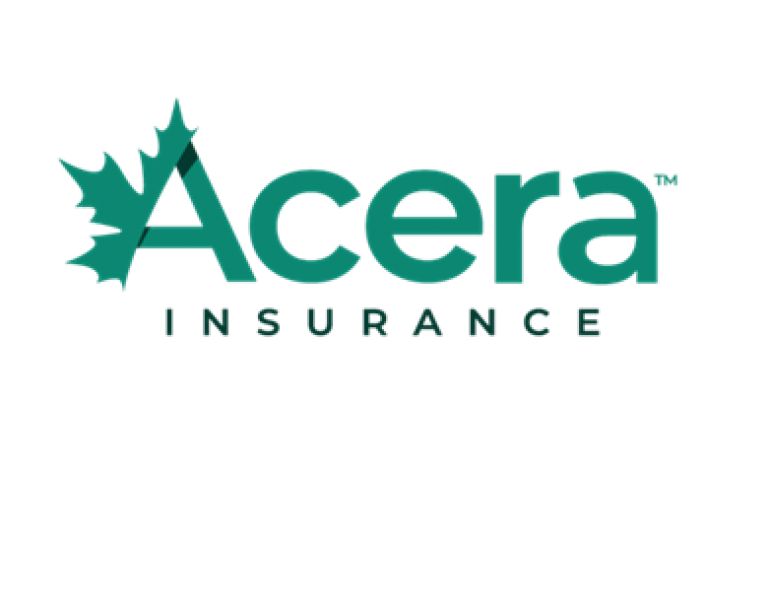By Karen Weslowski, Miller Thomson, LLP, Vancouver, British Columbia
Boarding a horse can be a source of stress for horse and stable owners alike. Horse owners want to ensure their horse is safe and well-taken care of, while stable owners want to ensure their boarding fees are paid and their property is respected. To address both sides of this equation, consider the following when dealing with boarding situations.
Put it in Writing
Most successful businesses operate through written agreements. A stable is in the business of horse boarding and should use a written boarding agreement setting out the terms upon which board will be provided. Written agreements protect both the horse and stable owner and lessen the chance of disputes by ensuring that each party’s rights and obligations are clearly stated.
A written boarding agreement may also encourage compliance with the agreement’s terms, as the parties should be better aware of their respective obligations.

Photo (left): A boarding stable should use a written boarding agreement which sets out the obligations of each party, and lessens the chances of disputes later on.
To ensure the boarding agreement is properly worded and legally enforceable, a stable owner may wish to invest in having a lawyer draft the agreement. Although there is a cost associated with using a lawyer, such cost may be a fraction of the expense that can arise from a dispute or court action where the respective rights and obligations of the parties are not clearly defined.
Suggested Terms
The following terms should be included in a boarding agreement:
1. Identifying Details:
(a) The names of each party to the agreement, i.e. the horse owner(s), horse boarder (if different from horse owner), and stable owner, and each party’s contact information, including cell phone numbers to allow contact in an emergency;
(b) The operating name and address of the stable;
(c) The name of the horse(s) to be boarded; and
(d) The date of the agreement.

Photo (above): The boarding agreement should include a detailed description of the horse being boarded including age, breed, sex, height, registration number, colour and markings, and other identifying characteristics. Photo: ©CanStockPhoto/Zuzule
2. Description of the horse(s) boarded: Sex, breed, age, height, registration number, colour, markings, and any other identifying details.
3. Boarding fee: Specify the boarding fee, frequency of payment (i.e. per week, month, etc.), whether federal and/or provincial sales tax is included, date board is due (i.e. first of each month), and how board is to be paid (i.e. cash, cheque, etc.).
4. Term: Specify the start date of the agreement, the term, and the end date, if known.
5. Services included: Specify what services are included in the boarding fee. For instance, if blanketing is not part of the stable’s standard service, specify if that service is subject to an additional cost or not included. Specified services may include providing a stall, turnout (provide details as to when, where, frequency, etc.), hay and grain provided, and feed schedule.

Photo (above): The boarding agreement should specify the type of hay and grain provided, as well as the number of feedings per day. Photo: © CanStockPhoto/Goce

Photos (above/below): Services such as grooming, blanketing, and exercising may be included in the boarding cost or available for an additional fee. Photo (above) © CanStockPhoto/Phbcz. Photo (below): Robin Duncan Photography

6. Exercise: Is exercise included? If so, the agreement should specify the type of exercise, frequency, and duration as well the names and qualifications of riders.
7. Special instructions: The boarding agreement should have a spot for special instructions from the horse owner to the stable owner in the event that the horse requires special attention.
8. Special rights of stable owner: If the stable owner is granted any special rights, for instance, use of the horse, this should be stated in writing.

Photo (above): Special rights, such as the right to ride the horse, may be granted to the stable owner in the boarding agreement. Photo: Steven Lilley/Flickr
9. Risk of loss and injury: The boarding agreement should specify whether the horse owner or stable owner is to assume the risk for any damage resulting from boarding the horse including things such as loss by fire, theft, death or injury to the horse, death or injury caused by the horse to a person, or property damage caused by the horse. Most often, stable owners require horse owners to assume these risks.
10. Insurance: Stable owners require specific insurance policies to provide coverage for property damage and potential injury claims. A standard homeowner’s policy will not provide the necessary or appropriate coverage, so stable owners should consult a knowledgeable insurance broker to ensure they have the right policy in place. The horse owner should also have liability insurance. Stable owners should request to see a copy of the horse owner’s insurance policy and may wish to be named as an additional insured on the policy.
11. Emergency care: The boarding agreement should contain a term addressing what veterinary care and assistance can be provided by the stable owner if the horse owner cannot be contacted in an emergency. The term should stipulate that the stable owner will try to contact the horse owner, but that the stable owner is permitted to act in an emergency. The agreement usually states that the horse owner agrees to pay all emergency treatment costs and authorizes the stable owner, as their agent, to arrange for billing. It is not usual for the stable owner to assume responsibility for routine veterinary care or other routine procedures, but if the parties wish, such terms can be included in the agreement.

Photo (above): The horse owner should provide the stable owner with instructions regarding the veterinary care and assistance the stable owner is permitted to provide in an emergency situation, and if the owner cannot be reached. Photo: Kate Webster/Flickr
12. Warranty of health: Some stable owners may require a warranty from the horse owner regarding the horse’s health. This term may say something like the horse owner warrants that the horse(s) shall be free from infectious, contagious or transmissible disease at the time the horse is first boarded and that the horse owner shall immediately advise the stable in person if the horse owner is advised, or has reason to believe, the horse(s) is infectious, contagious, or has a transmissible disease at any time during the period of the agreement.
13. Default: The agreement should specify the stable owner’s remedies in the event that the horse owner fails to pay the boarding fees or contravenes some other term of the agreement. A common remedy upon default is termination of the agreement.
14. Notice to terminate: The agreement should stipulate the length of notice required to be given by a party in the event that party wishes to terminate the agreement.
15. Signatures: All parties to the agreement should sign and date the agreement.
This is not an exhaustive list of the terms to be included in a boarding agreement. The particular circumstances of each situation may require additional terms or modifications to these terms. Provided the parties agree, they can include such additional terms as may be appropriate.
Stable Rules
The stable owner should make a list of stable rules and provide them to each horse owner. This can be done by attaching a copy of the rules to the written boarding agreement. The rules should also be posted in the stable.
The boarding agreement should also contain a term that the horse owner agrees to abide by all of the stable owner’s rules and that failure to abide by the rules may constitute grounds for the stable owner to terminate the boarding agreement.
Dealing with Non-Payment: Livestock Lien Act
In British Columbia, the Livestock Lien Act, R.S.B.C. 1996, c. 272 (the “Act”) provides stable owners with certain legal rights to place liens and sell boarded horses when there has been non-payment of board.
The Act defines “livestock” as cattle, which includes any “horse, mule, ass, swine, sheep or goat, or animal of the bovine species.” The Act permits “keepers of livery, boarding or sale stables, and persons who feed and care for cattle for compensation” to place a lien on any cattle and effects left with them by the owner “for the value or price of food, care, attendance or accommodation furnished for the cattle.”
The value of the lien placed is determined by the amount owing for board or other services rendered. The stable owner is permitted to detain the horse or any tack while the amount owed remains outstanding. Once the horse and tack (or other effects) have been removed from the stable owner’s possession, the stable owner loses any right to detain them.

Photo (above): In the event of non-payment of board, in British Columbia the Livestock Lien Act requires that the stable owner must give the horse owner three months’ notice of intention to sell the horse and effects by public auction. Photo: ©iStockPhoto/Bradley 1989
The stable owner is responsible for the detained horses and effects while in their possession. If the stable owner intends to sell the horses and effects, the Act requires the horse owner be given three months’ notice of the stable owner’s intention to sell. The Act provides for a right of sale by public auction. There is no provision for private sale. This is likely a protective measure designed to ensure that the horse and effects are sold for fair market value. The stable owner is entitled to deduct the outstanding board fees from the proceeds of sale and must pay any leftover funds to the horse owner.
If the horse owner cannot be located, the stable owner must pay the balance of sale proceeds into the BC Supreme Court. The court will hold the money for one year, after which time if the money is not claimed, it will be paid into the province’s consolidated revenue fund.
The Act requires stable owners to keep a copy of the Act in their office and at least two other copies in “conspicuous places” in their stable.
Most other Canadian provinces contain legislation similar to the Livestock Lien Act, although the particular provisions of a province’s legislation should be reviewed before placing and acting upon a lien.
Stable owners could also sue on the written boarding agreement, claiming breach of contract. However, this remedy is not as efficient as proceeding under the Act because the commencement of a court action is required.
Conclusion
By using a written boarding agreement, the respective rights and obligations of horse and stable owners should be more clearly understood. Horse owners should have greater comfort in knowing that their horse is well cared for. Stable owners will have greater certainty knowing they should receive payment for their boarding services, failing which, their rights and remedies will be clearly stated.
This article is provided as an information service only and is not meant as legal advice. Readers are cautioned not to act on the information provided without seeking specific legal advice with respect to their unique circumstances and the applicable law in their province of residence.
Main photo: Canstock/MichaelJung


